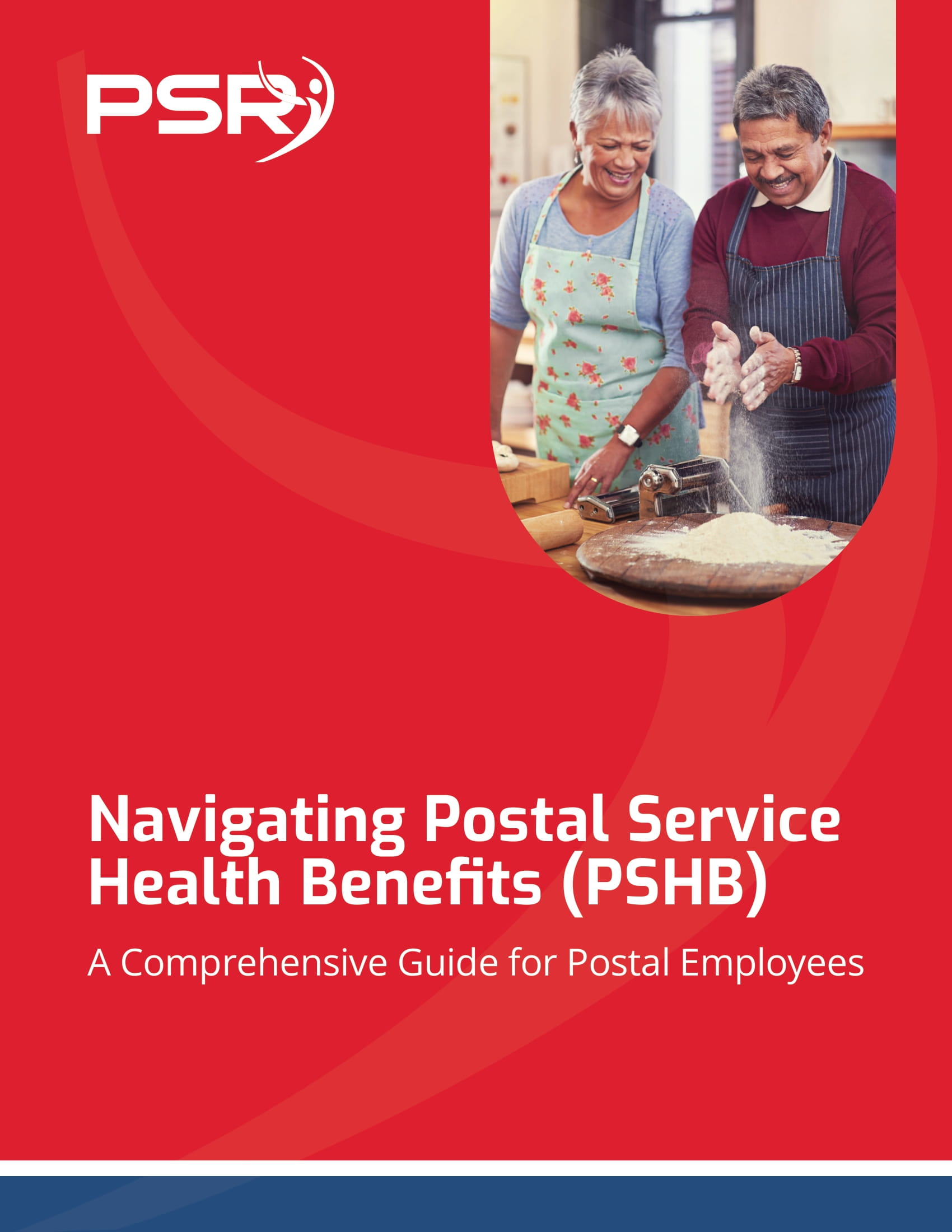My employer’s health insurance doesn’t cover Medicare Part B for my domestic partner. We’ve been engaged for 25 years but never married. I’m 58 and learning Medicare from a 72-year-old guy.
- Also Read: Divorce and Your Federal Pension—What Happens When You Split Assets and How It Could Affect Your TSP
- Also Read: What Happens to Your Federal Benefits After Divorce? Here’s the Lowdown
- Also Read: The Best FEHB Plans for 2025: Which One Fits Your Lifestyle and Budget the Best?
As of right now, he must enroll in Medicare Part B, and if he does not do it properly, he will be penalized for more than seven years. If your writings are to be believed, this might represent a lifetime penalty of 70 or 80%. In short, we need help! Gabby lives in Phoenix, AZ, and works as a freelance writer.
Gabby: You need to hurry up and enroll in Medicare Part B. Richard urgently needs Medicare Part B at the heart of Medicare’s complexity.
Toni Says® Medicare has a brand-new question for you. This information is critical in understanding the regulations governing postponing Medicare Part B when there is an unmarried domestic partner scenario (whether of the same or opposite sex), and they obtain health insurance via their spouse’s work.
Talk to your company’s health insurance benefits administrator or HR department before postponing domestic partner Medicare Part B to see what is in the insurance company’s manual. Maybe the number of people in the group won’t make a difference. Even if your unmarried spouse’s corporate health insurance plan has fewer than 100 workers, you should check with HR or the insurance plan to see if you should typically not postpone the non-working domestic partner’s Medicare Part B coverage. Before reading the rest of this post, I strongly advise that you check in with your employer’s benefits or HR department to see whether your domestic partner would be penalized for delaying their Medicare Part B enrollment.
You may read about the “Special Enrollment Period” and how to get your HR or office manager to fill out the Social Security form CMS L-564 “The Request for Employment Information.” Richard can get his Medicare Part B on the first of the next month.
There are two documents that Richard will have to present to his local Social Security office: the CMS L-564 “Request for Employment Information” signed by HR and the CMS 40-B “Application for Medicare Part B.”
During a Toni Says Medicare Consultation, clients are urged to meet with a local Social Security official in person (if feasible due to COVID-19), fax their papers directly to the relevant office, or drop them off at their local Social Security Office mail drop box. Always keep copies of the Social Security papers you submit or receive.
Contact Information:
Email: [email protected]
Phone: 6024139544











